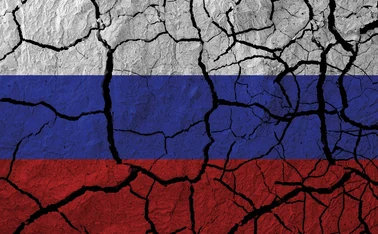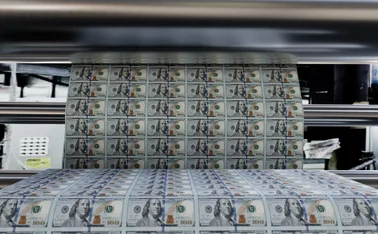
Gaddafi may escape with central bank gold, says ex-Libyan governor

A former governor of the Central Bank of Libya on Thursday warned that deposed dictator colonel Muammar Gaddafi may have run off with large portions of the country’s gold reserves and could sell the bullion to incite chaos.
In an interview with Corriere della Sera, an Italian daily, Farhat Bengdara, a governor of the Central Bank of Libya from 2006 to 2011, said Gaddafi could have taken up to $10 billion of gold reserves from the central bank in Tripoli and that the Libyan leader even attempted
Only users who have a paid subscription or are part of a corporate subscription are able to print or copy content.
To access these options, along with all other subscription benefits, please contact info@centralbanking.com or view our subscription options here: subscriptions.centralbanking.com/subscribe
You are currently unable to print this content. Please contact info@centralbanking.com to find out more.
You are currently unable to copy this content. Please contact info@centralbanking.com to find out more.
Copyright Infopro Digital Limited. All rights reserved.
As outlined in our terms and conditions, https://www.infopro-digital.com/terms-and-conditions/subscriptions/ (point 2.4), printing is limited to a single copy.
If you would like to purchase additional rights please email info@centralbanking.com test test test
Copyright Infopro Digital Limited. All rights reserved.
You may share this content using our article tools. As outlined in our terms and conditions, https://www.infopro-digital.com/terms-and-conditions/subscriptions/ (clause 2.4), an Authorised User may only make one copy of the materials for their own personal use. You must also comply with the restrictions in clause 2.5.
If you would like to purchase additional rights please email info@centralbanking.com test test test







